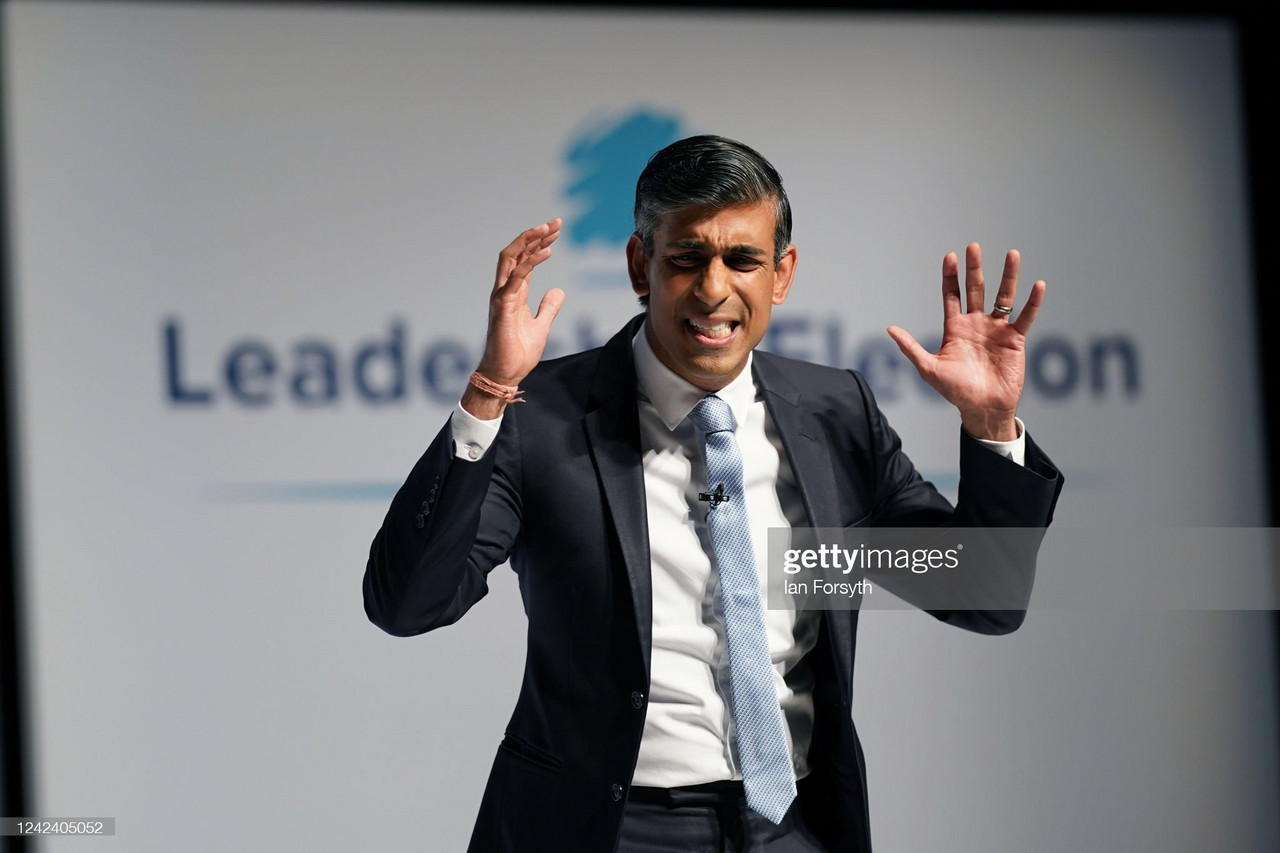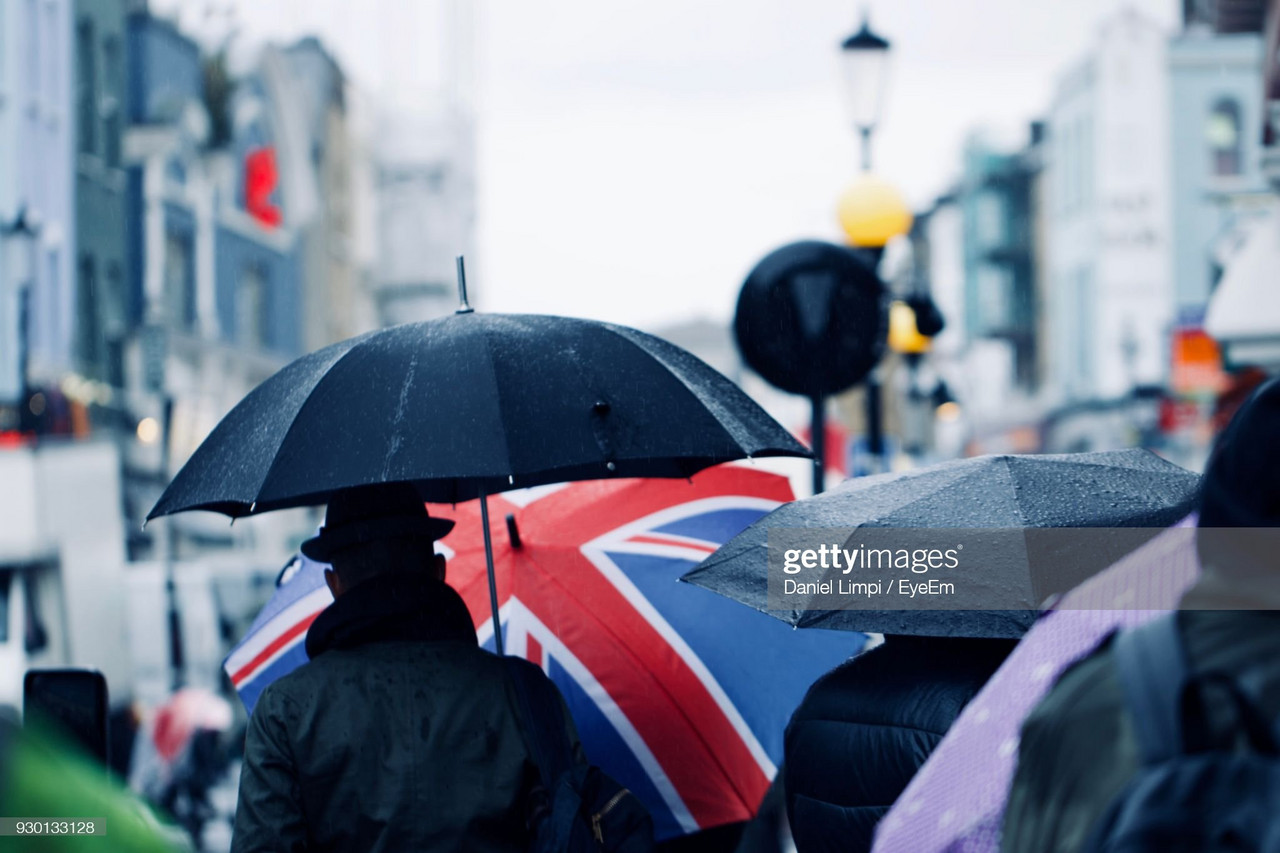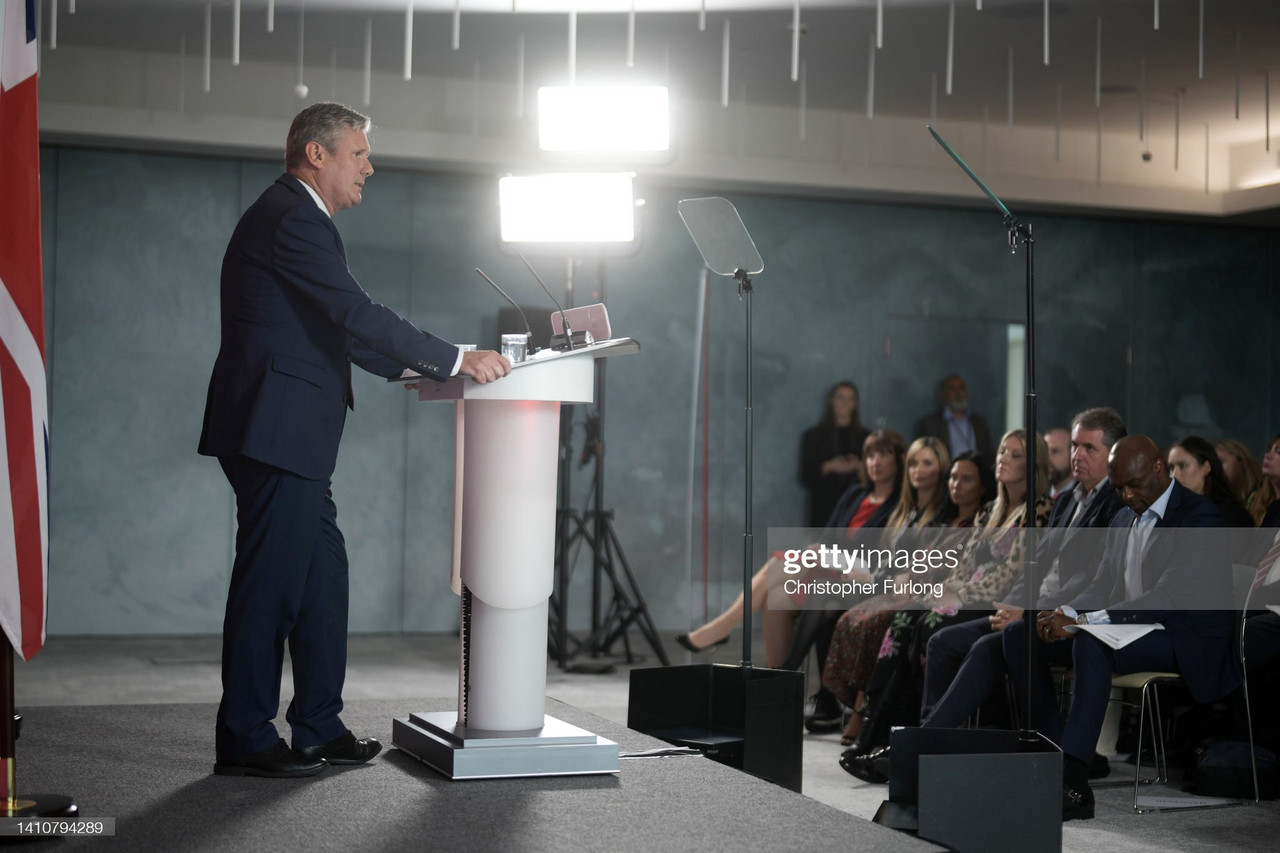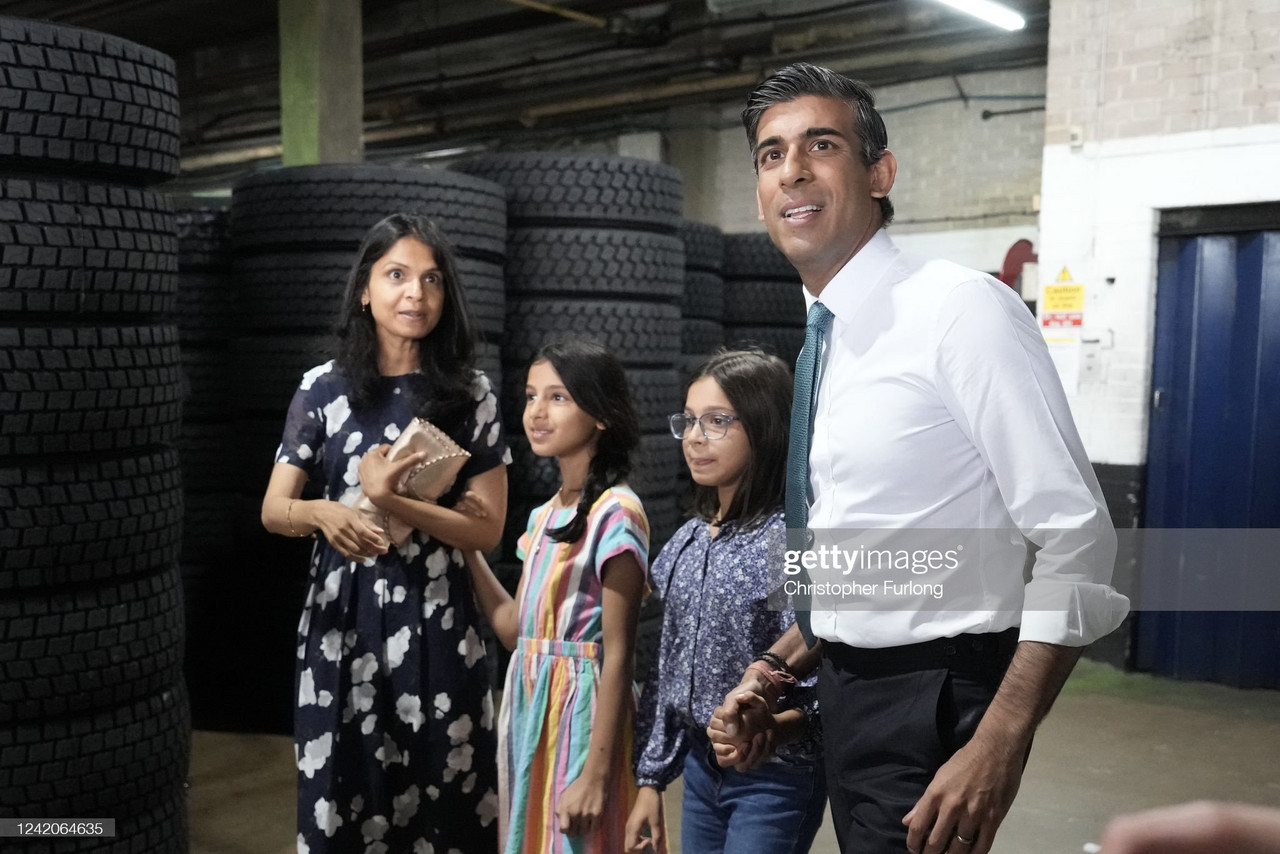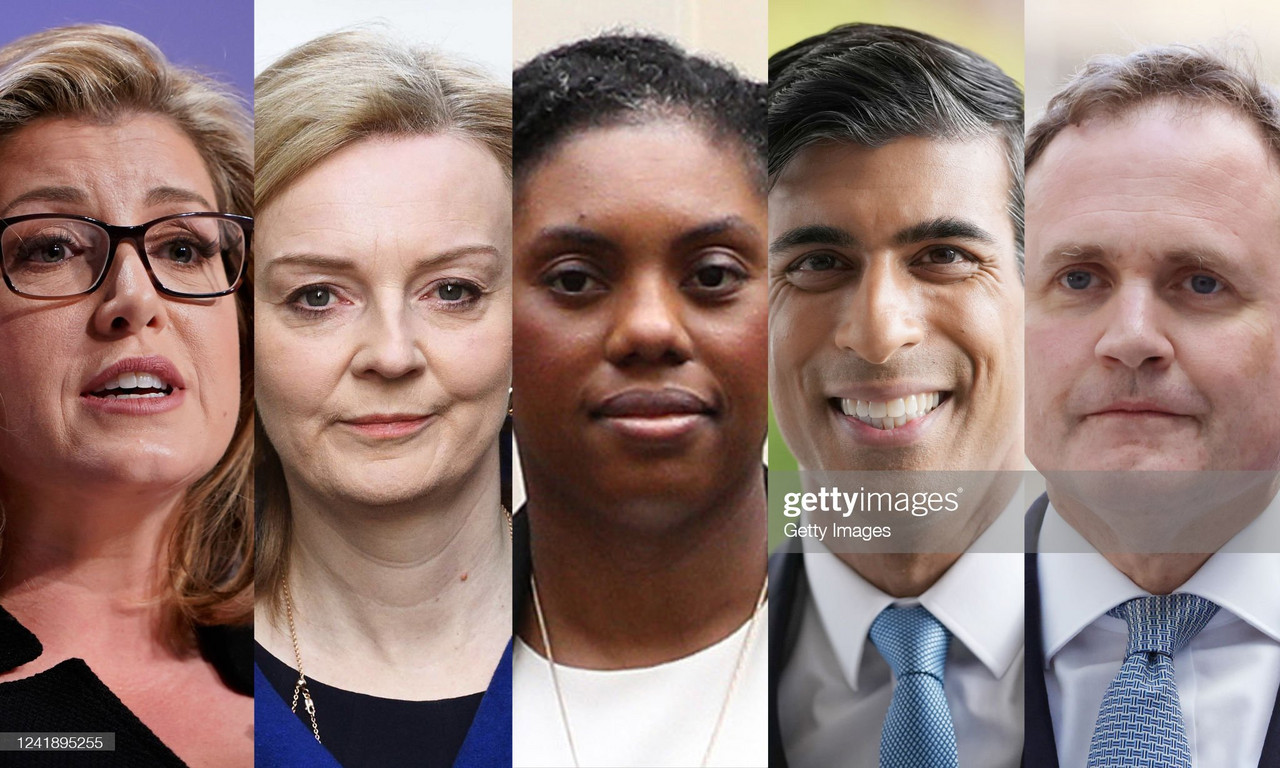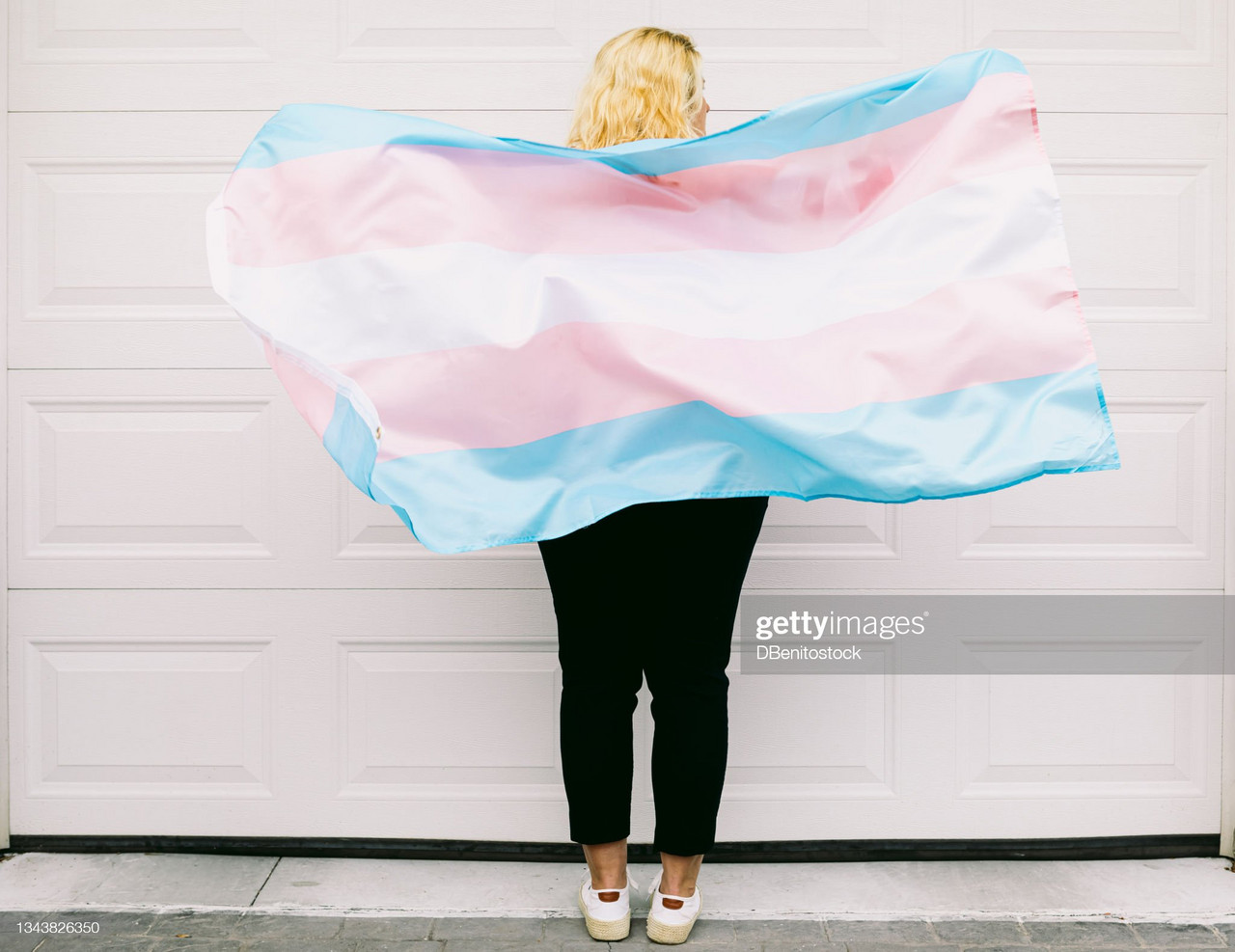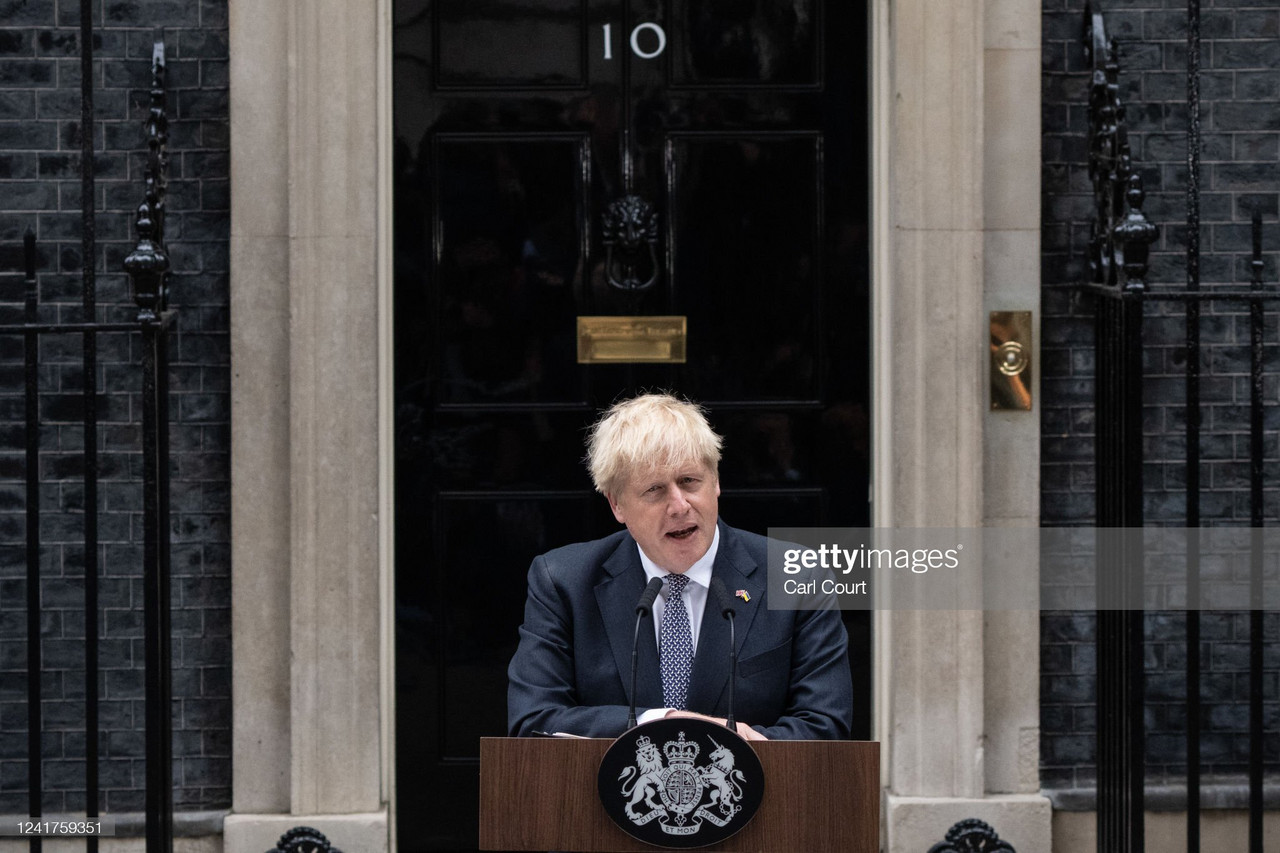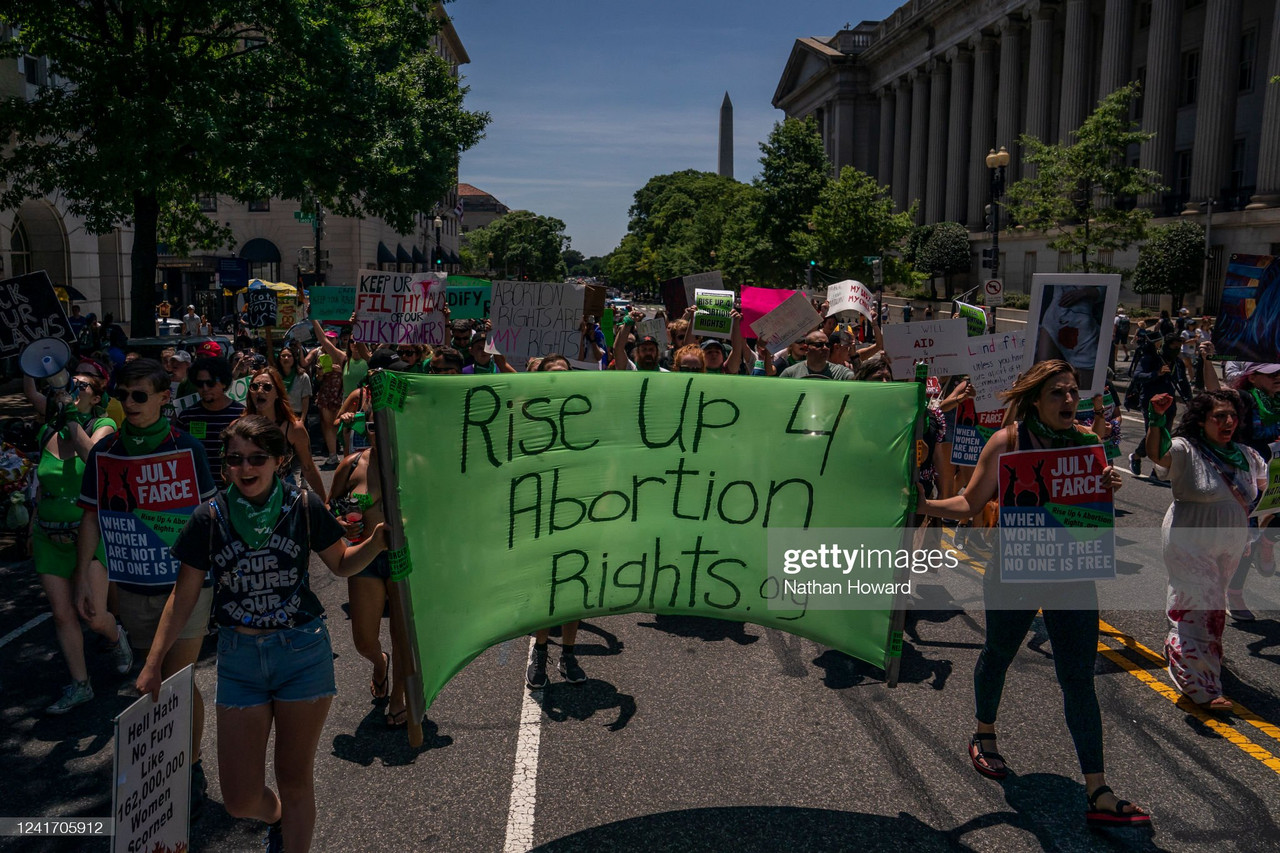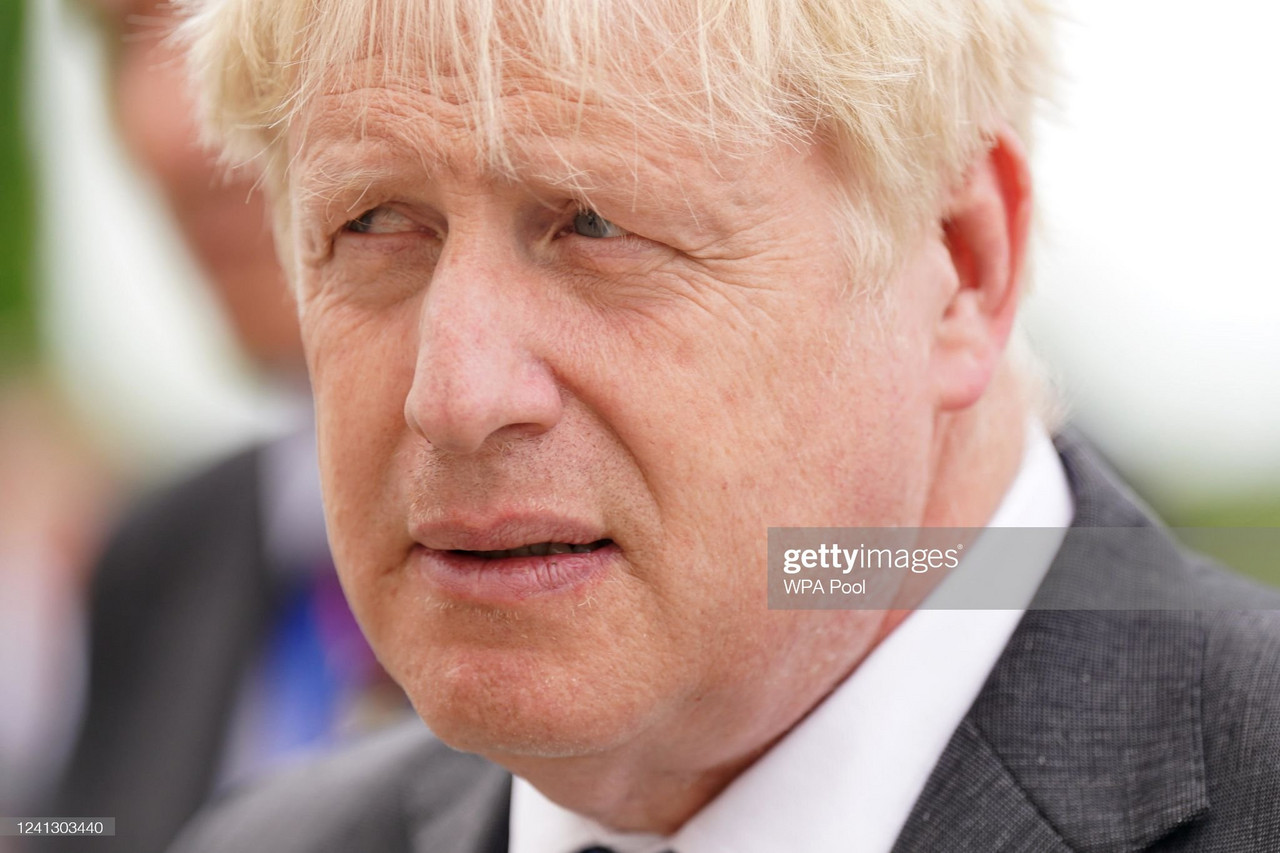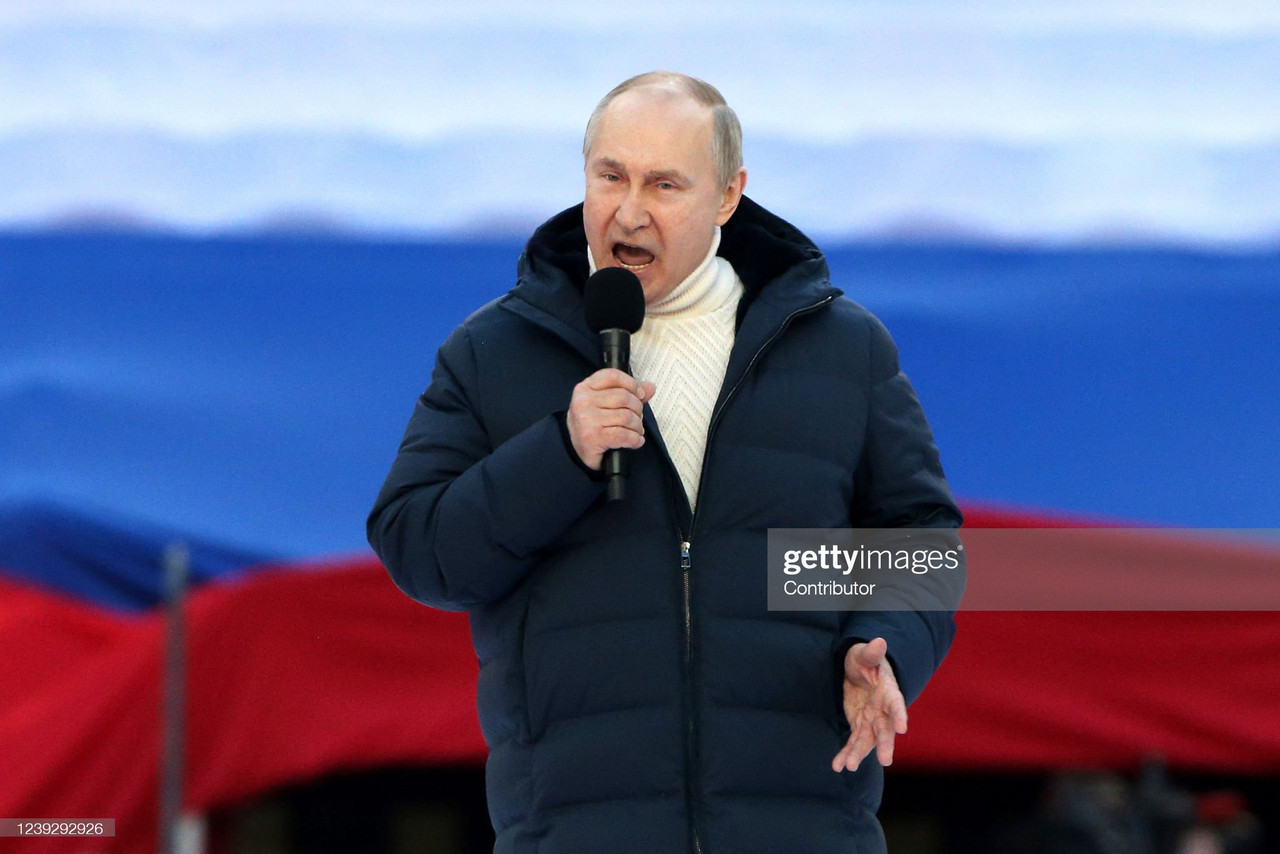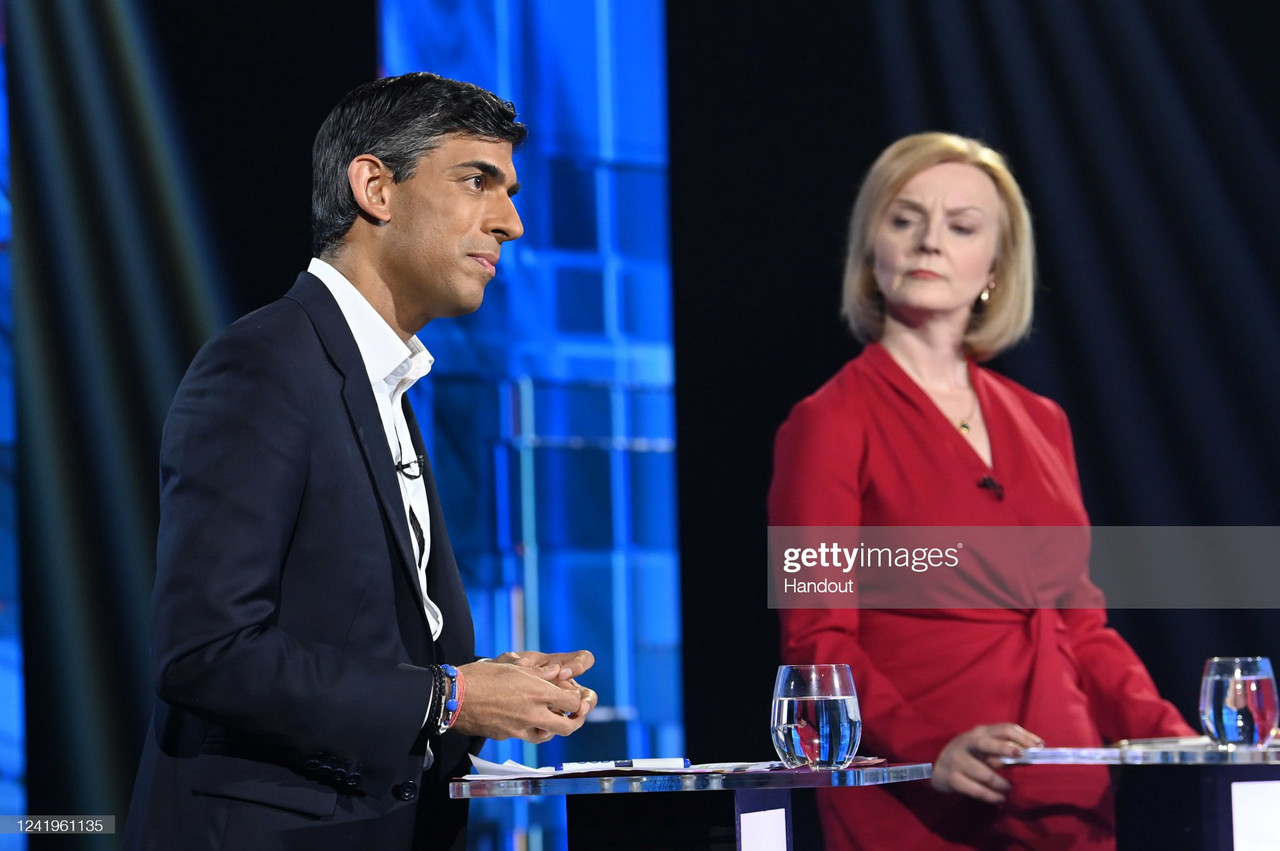
It was probably when Chris Mason, the BBC's Political Editor, began reading out a tweet in which he had to awkwardly censor the acronym 'FFS', that the lame excuse for a serious debate which had been running for the previous 40 minutes truly fell apart.
The ordeal provoked smiles and laughs from the two candidates, as well as the presenters, with jokes also following regarding Mason's lack of acquaintance with a certain earring-selling high street chain.
Add to that the informal chatter over Rishi Sunak's dress sense and it begs the question: what on earth has happened to this leadership contest?
From the moment Boris Johnson resigned there were warning signs that this would be more of a soap opera than a genuine chance to find out about each candidate's respective qualities.
At one stage you'd have been forgiven for wondering whether there were any Conservative MPs not running for the top job - remember Rehman Christi? No, anyone?
Even the coverage of the whittling down of potential contenders felt wrong - Sir Graham Brady's grinning face as he announced the results each time gave the sense this was all one big entertainment show.
A budget version, if you like, of Britain's Got Talent (except, it seems, it does not), being played out across TV screens and social media platforms.
Quite why there have been such a multitude of on-screen debates is also something of a mystery, especially considering the minuscule proportion of the population which has a say anyway.
Frankly, what was the purpose of having Kemi Badenoch (who, no matter what anyone says, had not been heard of since before this month) read out a 'closing statement' to an audience who, for the most part, could do nothing with the information she was relaying?
The answer, of course, is that it makes for excellent television: after all, why watch politicians spout vague, unattainable promises in a select committee at 2:30 PM on a Tuesday afternoon when you could watch them do the same thing in a flashy studio at 8:00 PM on a Saturday evening?
But it is that very element - the dramatisation - which makes the whole contest feel in some way fake, as if the answers being given by candidates are part of some wider script, only serving the purpose of providing entertainment.
What's that, Rishi Sunak said his daughters are always telling him how to deal with climate change? How sweet.
Liz Truss is going on about how her terrible experiences going to a comprehensive school underfunded by a Conservative government made her want to be, (*checks notes*), a Conservative? How funny.
A detachment from reality
While the two vying for the country's top job continue to make blasé remarks about 'levelling up' and 'making Brexit work', real people with real problems are sat at home wondering when they'll get the help they need to deal with the cost of living crisis.
Despite what both of the candidates may want you to believe, neither of them have yet provided a clear solution.
Sunak's faux-sympathy can be seen through in an instant when he talks of 'understanding' what people are going through in terms of the struggle to make ends meet.
Actually Rishi, just because you can remember an audience member's name when answering their question ("*Insert name here* makes a great point"), it doesn't mean your privileged background doesn't stand out like gold wallpaper in a Downing Street flat.
As for Truss, her attitude that she can simply ignore any economists telling her that her plans will result in rampant inflation, worsening the existing crisis, isn't much better either.
At the end of the day, it seems that few people have quite realised the notion that one of Rishi Sunak or Liz Truss will be the next leader of the country, instead obsessing more over quick soundbites from the pair to do with the soon-to-be predecessor of Number 10.
Sure, you might get a great headline out of Johnson being described as a "7/10" Prime Minister, but the fact more time was spent on that topic than, for example, climate change, just a week after the hottest ever temperature was recorded in the UK, beggars belief somewhat.
There's still over a month to go before the new leader is announced, meaning potential time for both candidates to shift the focus onto more pressing matters themselves, rather than submitting to the headline-hungry wolves amongst the chasing press pack.
But, in reality, it’s just not going to happen, and, while it may take some time to become clear, the country will inevitably be worse off for it.



